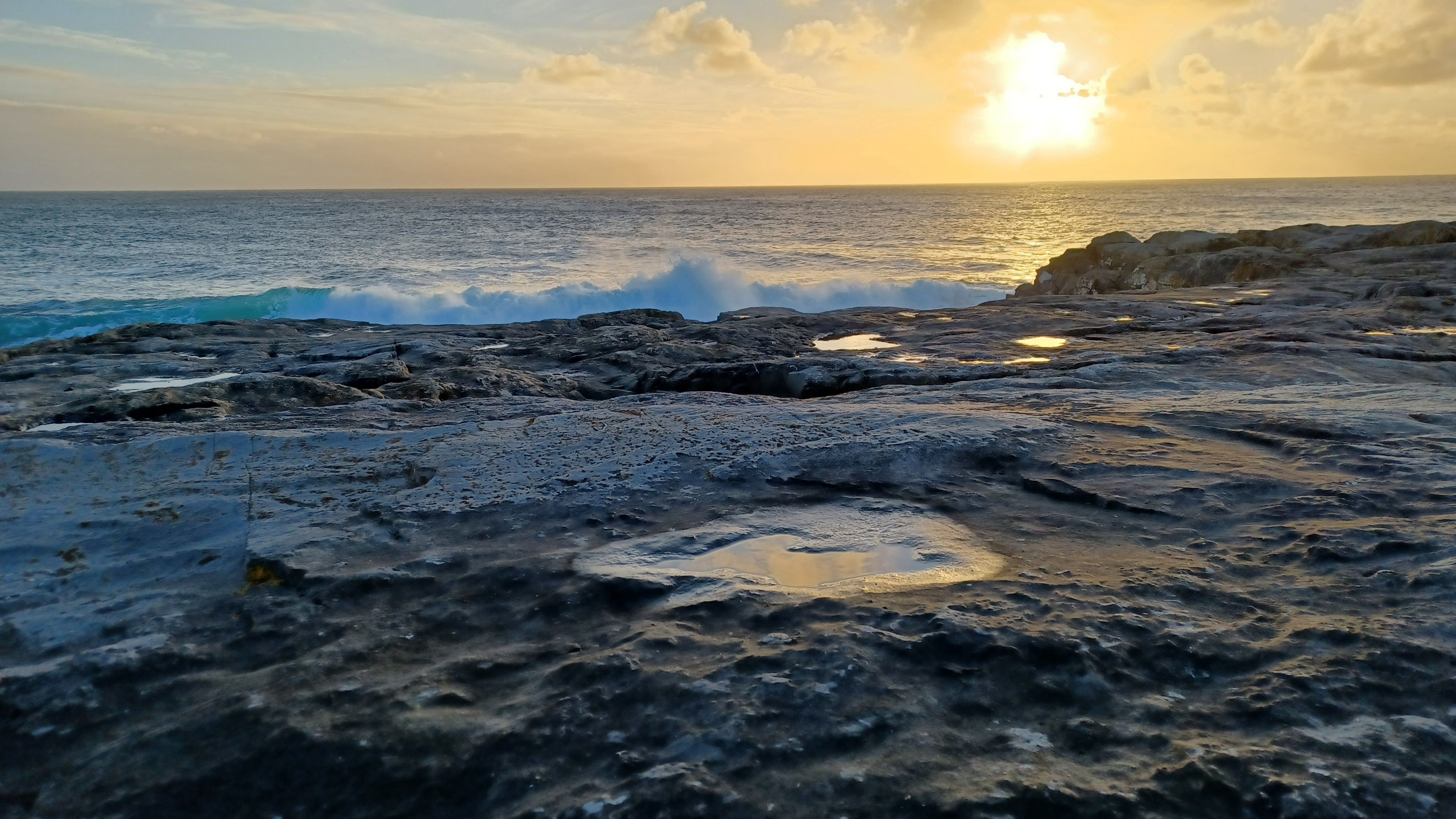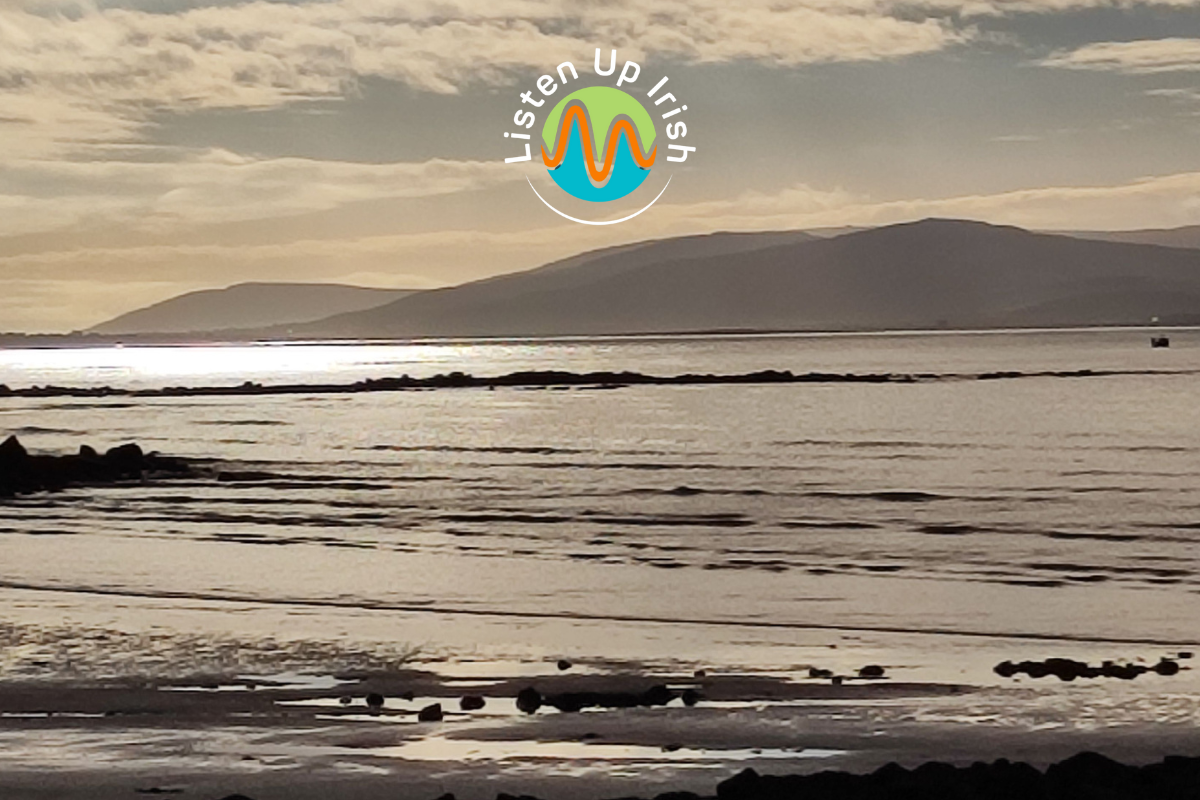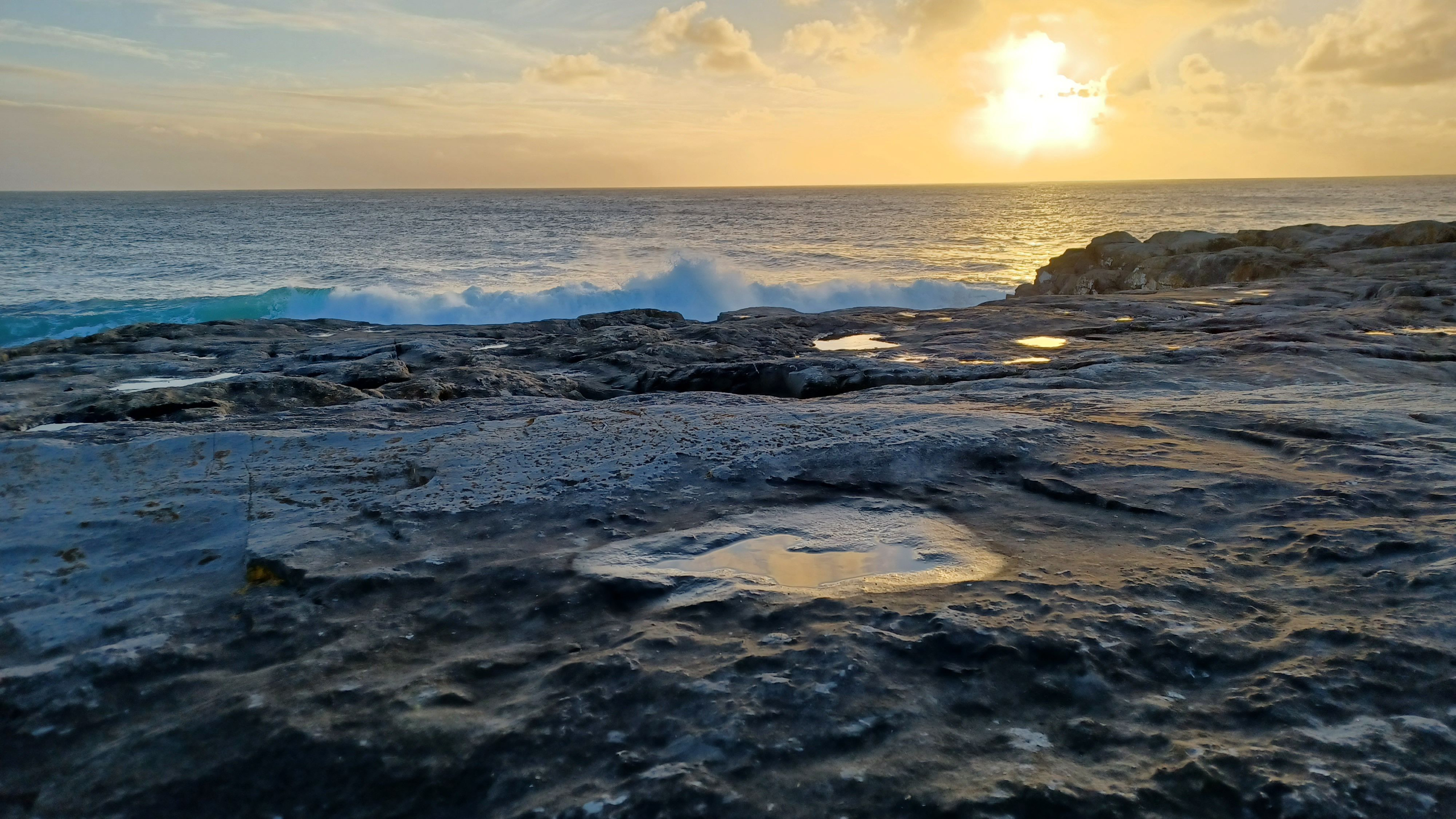How to say 'thank you' in Irish
Watch the short video clip above to learn how to say 'thank you' and 'thanks very much' in Irish; and how to reply when someone thanks you for something.
Go raibh maith agat!
If you've just started learning Irish then the seemingly simple phrase 'thank you' can seem rather complicated! It's possible to break it down however...
The Irish word for 'good' is 'maith' and what you are literally saying when you say 'thank you' to someone in Irish is 'may good be by you' (i.e. may you have goodness /good things) .
You will notice that in the short clip above the word 'agat' is very often shortened in spoken Connacht Irish to 'a't' - the 'g' sound disappears.
In English we say 'thanks a million' but in Irish we're not quite so effusive:
míle / a thousand
Go raibh míle maith agat / May good by on you x 1000!
Ná habair é!
This is a nice reply when someone thanks you for something, and literally means 'don't say it' (i.e. don't mention it).
This is a command, of course, and the word 'ná' always comes before the command form of the verb in Irish when telling someone NOT to do something!
Ná déan é sin / Don't do that
Ná bí dána / Don't be bold/naughty
Míle buíochas
Another way to say 'thank you' in Irish is to use the word 'buíochas'. This word means 'thanks' or 'gratitude'.
Míle buíochas / a thousand thanks
Text Speak
In texts 'go raibh maith agat' is often shortened to 'GRMA', or 'GRMMA'; and 'míle buíochas' to 'MB' (caps optional!)
These are great phrases to use as often as you can even in an English speaking environment. Saying 'go raibh maith agat' to someone is a very simple way to find out if they speak Irish or not, and who knows, you may just find yourself someone to speak Irish with!
Expressing desires and wishes in Irish
The simple phrase 'go raibh maith agat' can be used to learn about an interesting form of the verb in Irish, which is called the 'subjunctive mood/an modh foshuiteach'.
The modh foshuiteach is used to express wishes, suggestions or desires. You can find the modh foshuiteach/subjunctive form of any verb using the online dictionaries.
'Go raibh maith agat' is a great example of the subjunctive mood in action - 'raibh' (the same as for the past tense) is the subjunctive form of the verb 'bí' (be). 'Go raibh' is used to express a wish - the equivalent of 'may' in English.
The particle 'go' is used right before the subjunctive form of the verb when wishing something positive (and triggers an urú).
Here are some more examples:
Go mbeire muid beo ar an am seo arís / May we be alive this time next year
Cuir ort é go bhfeice tú / Put it on you so that you might see (i.e. try it on to see)
If you know any prayers in Irish you will also have come across the subjunctive mood / an modh foshuiteach:
Go dtaga do ríocht / may your kingdom come
Whether someone believes in God or not, it's very common to hear expressions like these in Irish:
Nár laga Dia thú / Use this to say 'well done' or to encourage someone. The literal meaning is 'may God not weaken you'.
Go bhfága Dia an tsláinte agat / May you stay well (lit. May God leave you your health)
May she/he rest in peace
In English when someone dies people often say 'may he/she rest in peace'.
The closest expression to this in Irish is:
Ar dheis Dé go raibh a anam / literally: At the right (hand side) of God may his soul be
Ar dheis Dé go raibh a hanam / May she rest in peace
Note:
a anam / his soul
a hanam / her soul
Learn Irish Through Conversation
Check out my online courses if you would like to improve your spoken Irish. If you are a total beginner start with my Beginner Irish course. If you are lower intermediate level, did Irish in school (and were reasonably ok at it) then my Beyond Beginner or Present Tense courses will be a good fit. Both of these courses are built around everyday conversations. More advanced learners can try out my Learn Irish Through Literature and Learn Irish Through Poetry courses. If you're not sure which level is right for you just contact me here.




